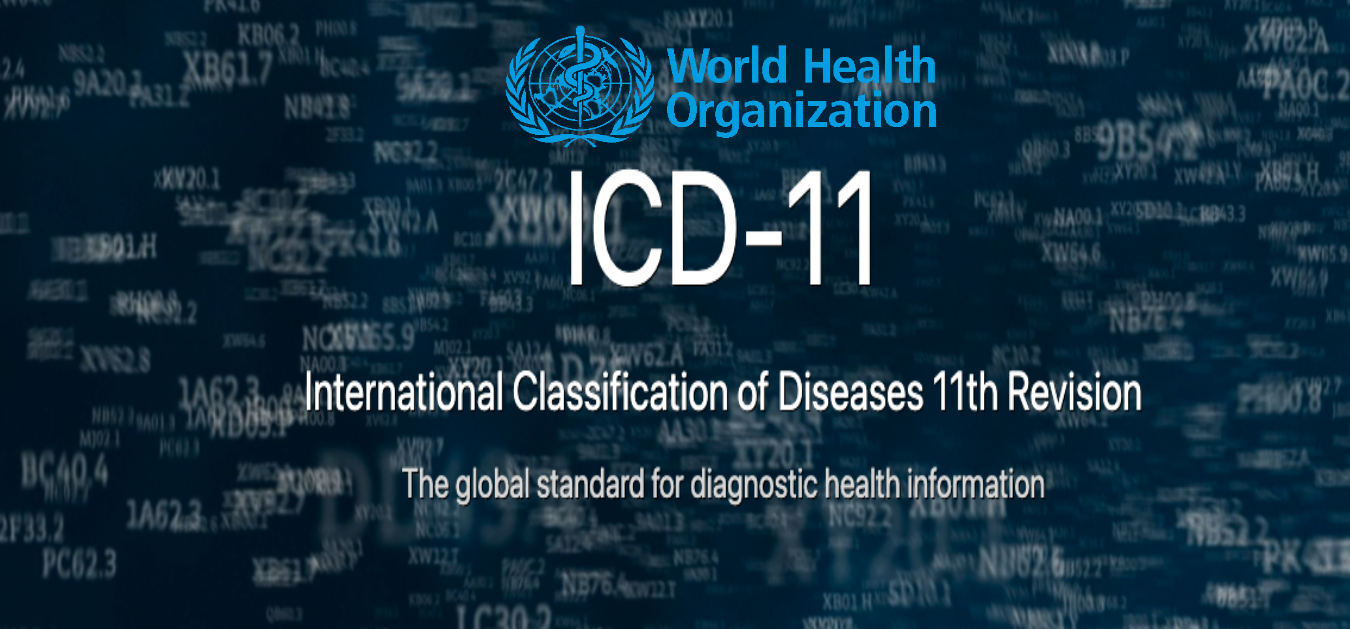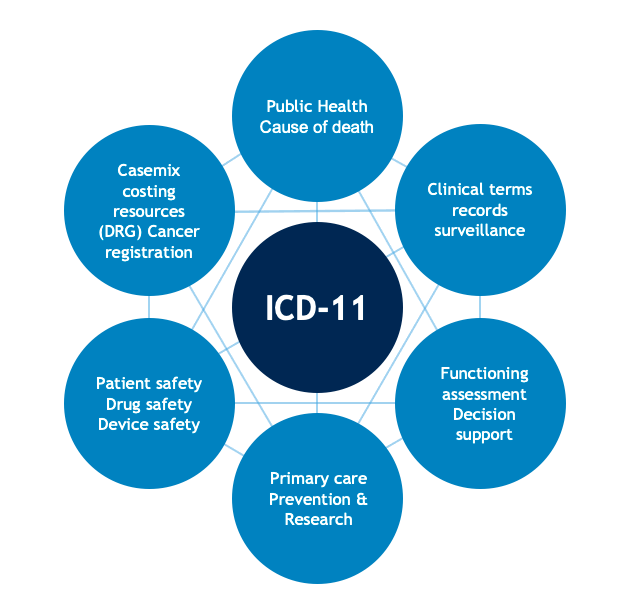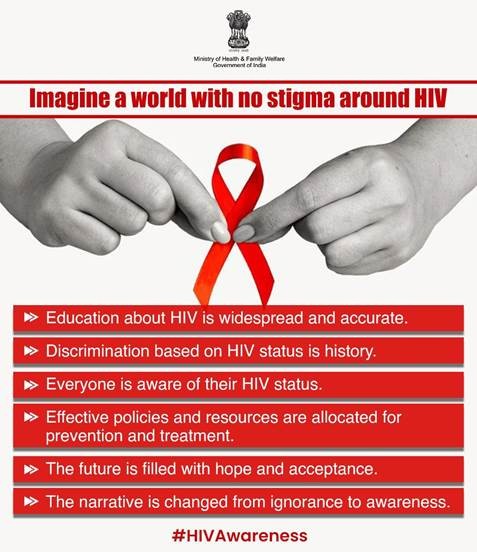Description

Copyright infringement not intended
Picture Courtesy: www.who.int
Context: The move by the Union government to seek the inclusion of Ayurveda and related systems in the 11th revision of the World Health Organization's International Classification of Diseases (ICD) is a significant step toward giving traditional Indian medicine a global platform and standardizing its terminology.
Details
- The International Classification of Diseases (ICD) by the World Health Organization is a vital system used worldwide by healthcare professionals. It helps diagnose and report diseases and collect health data.
- The ICD is regularly updated to keep up with changes in medical knowledge and practices.
- Each disease or health condition in the ICD is given a special code. These codes are used in medical records, death certificates, and health data documents.
- The ICD is a crucial tool for healthcare professionals and researchers. It aids in diagnosing and treating diseases, monitoring disease spread, and creating health policies.
- India has traditional medicine systems like Ayurveda, Siddha, Unani, and Yoga, with a long history. They play a significant role in the country's healthcare.
- Integrating traditional medicine into global healthcare has been tough due to the lack of standardized terms and categories for these conditions.
- The Indian government aims to integrate Ayurveda into the global healthcare system. This initiative will create a common language for healthcare professionals worldwide and encourage research and evidence-based practices in traditional medicine.
- In the ICD-11, there was already a module (Module-1) for traditional medicine conditions from ancient China. This recognized the importance of traditional Chinese medicine globally, not only in China but also in countries like Japan and Korea.

Picture Courtesy: www.who.int
Key Highlights of the Initiative
- The Indian government is working to include Ayurveda and other traditional healthcare systems in the 11th revision of the ICD (International Classification of Diseases).
- This initiative aims to create a common language for describing traditional medicine conditions. It will help healthcare professionals, researchers, and institutions worldwide communicate effectively.
- Standardizing the terminology in traditional medicine is crucial for research and evaluating the effectiveness of these treatments. It helps establish evidence-based practices in Ayurveda and related systems.
- The initiative supports efforts to regulate traditional medicine as an integral part of the health system. This integration is vital for making traditional medicine a part of mainstream healthcare and information systems.
- The ICD-11 revision involves a shift to digital coding, making it easier to access and use the classification system in the modern age.
- The ICD-11 has around 17,000 unique codes and over 1,20,000 codable terms, making it a comprehensive and adaptable system for classifying diseases and healthcare conditions.
- Including Ayurveda in the ICD connects traditional medicine practices with global medical standards. This integration promotes collaboration between different healthcare systems.
- Integrating traditional medicine into the ICD allows reporting of adverse events. It enables traditional medicine to be included in insurance coverage and reimbursement systems, in line with WHO's goals for universal health coverage.
Significance of the Initiative
- Standard terms and categories are vital for clear communication in traditional medicine. They aid in research, evidence-based practices, and global collaborations.
- The initiative enables in-depth research, enhancing our understanding of traditional Indian medicine. This knowledge contributes to its development and integration into modern healthcare practices.
- Integrating traditional medicine ensures public safety and widens healthcare choices for patients, promoting a regulated and safer healthcare system.
- Inclusion in insurance and reimbursement systems makes traditional medicine more accessible to people, aligning with WHO's goal of universal health coverage.
- International recognition preserves India's cultural and medical heritage, promoting the rich tradition of Ayurveda and related systems.
- Individuals gain access to centuries-old traditional Indian medicine, offering a unique approach to healing and wellness, and expanding healthcare choices.
- Integration into the ICD fosters collaboration between traditional and conventional healthcare, promoting the exchange of knowledge and practices worldwide.

Conclusion
- The inclusion of Ayurveda in the ICD-11 is a significant step toward global acceptance, integration, and understanding of traditional Indian medicine. It paves the way for research, regulation, and collaboration, ultimately benefiting healthcare professionals and patients worldwide.
Must Read Articles:
WHO Global Summit on Traditional Medicine: https://www.iasgyan.in/daily-current-affairs/who-global-summit-on-traditional-medicine#:~:text=Traditional%20medicine%20is%20also%20part,artemisinin%2C%20originated%20from%20traditional%20medicine.
Gujarat Declaration: https://www.iasgyan.in/daily-current-affairs/gujarat-declaration
India’s Ayush Sector: https://www.iasgyan.in/daily-current-affairs/indias-ayush-sector
|
PRACTICE QUESTION
Q. What are the primary obstacles faced in the integration of the Ayush system into mainstream healthcare in India, and what strategies can be employed to overcome these challenges and promote a more comprehensive healthcare system?
|












